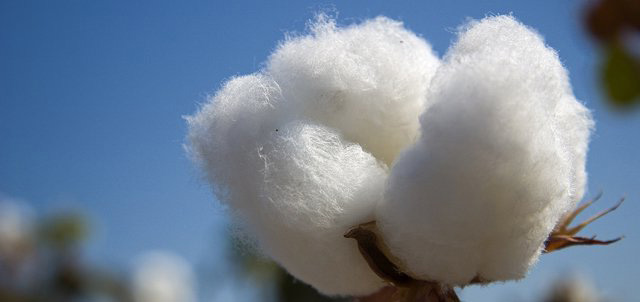- Washington “follows with interest” Morocco’s openness onto Africa (John Kerry)Posted 11 years ago
- The trial of South African Paralympic champion Oscar Pistorius opened in Pretoria on Monday.Posted 11 years ago
- USA welcomes efforts of King Mohammed VI in MaliPosted 11 years ago
- Egypt’s population reaches 94 millionPosted 11 years ago
- Mugabe celebrates his 90thPosted 11 years ago
- Moroccan Monarch to Build a Perinatal Clinic in BamakoPosted 11 years ago
- King Mohammed VI handed a donation of bovine semen for the benefit of Malian breeders.Posted 11 years ago
- Moroccan King’s strategic tour to Africa: Strengthening the will of pan African Solidarity and stimulating the south-south cooperation mechanisms over the continentPosted 12 years ago
- Senior al-Qaida leader killed in AlgeriaPosted 12 years ago
- Libya: The trial of former Prime Minister al-Baghdadi AliPosted 12 years ago
Togo: Resumption of the cotton activity
 The cotton in Togo, took precedence over other cash crops for years. Between 1973 and 1974, domestic production had surpassed 10 000 tons, prompting the government to create the Togolese Cotton Company (SOTOCO), which has supported the promotion of the production.
The cotton in Togo, took precedence over other cash crops for years. Between 1973 and 1974, domestic production had surpassed 10 000 tons, prompting the government to create the Togolese Cotton Company (SOTOCO), which has supported the promotion of the production.In 1995, production reached 130 000 tonnes and peaked to 187,000 tons in 1999, before slipping into a long period of steady decline in production estimated at 30 000 tonnes in 2010.
The situation has been painful for the textile industry and the Society for Industrial Promotion and Cotton (SOPIC) had to close. Meanwhile, the New Oilseed Industry of Togo (NIOTO), a subsidiary of the French group GEO-COTON, experienced difficulties with only 33 days of cotton seed crushing activity in 2009. This plant had to recapitalise several times over 9.95 billion CFA since 1995. The instability of cotton production which no longer guarantees a reasonable amount of seeds induced the NIOTO only to eight years of positive activity in 20 years.
Today, in the new vision for revitalising the agricultural sector, the Togolese authorities have undertaken reforms that have led to the creation of the new cotton company of Togo (NSCT). This is a mixed enterprise company owned 60% by the state and 40% by cotton producers’ organizations, which replaced SOTOCO engulfed by debt.
However, it remains to achieve the stated priority by the government in increasing the current production of 30 000 tons to 80 000 tons of cotton in 2011 and 100 000 tons in 2013. This ambition comes amid a prosperous time ahead for the cotton fibber in the international markets where the price is increasing and continues to be a stimulus to the cultivation of cotton.
Regarding the industrial activity, especially in the New Oilseeds Industry (NIOTO), the new situation is positively considered as the inputs like the purchase price of the cotton fibber and production incentives are providing opportunities for a structural rehabilitation. The French subsidiary will keep track on the slope of the increased production in order to stabilise its situation.
